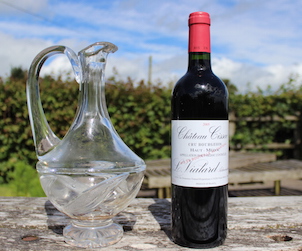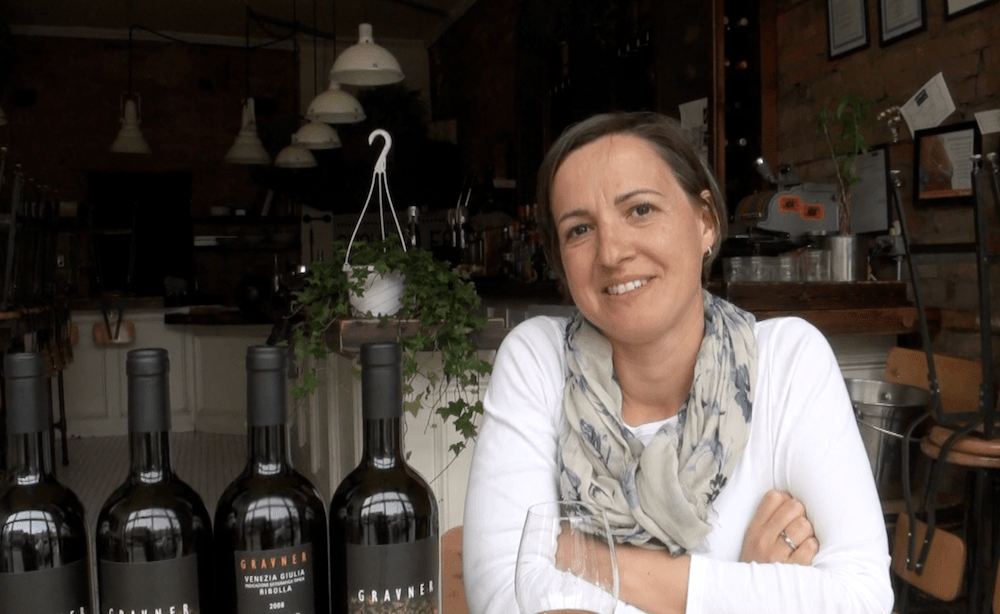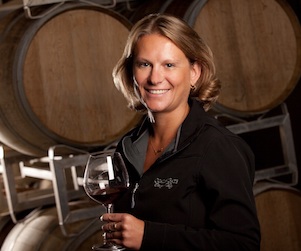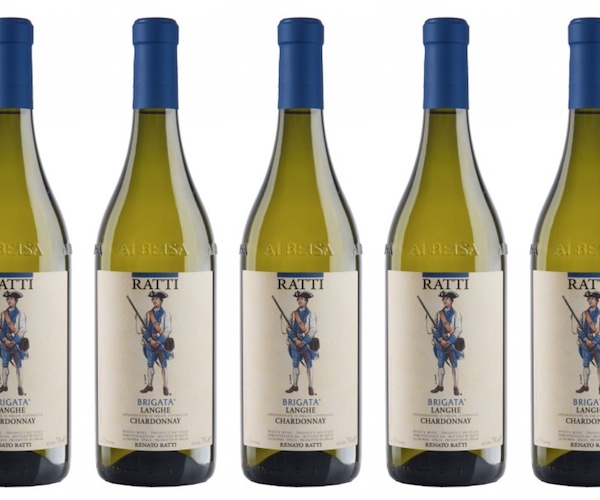Jay Whiteley wants your wine to breathe.
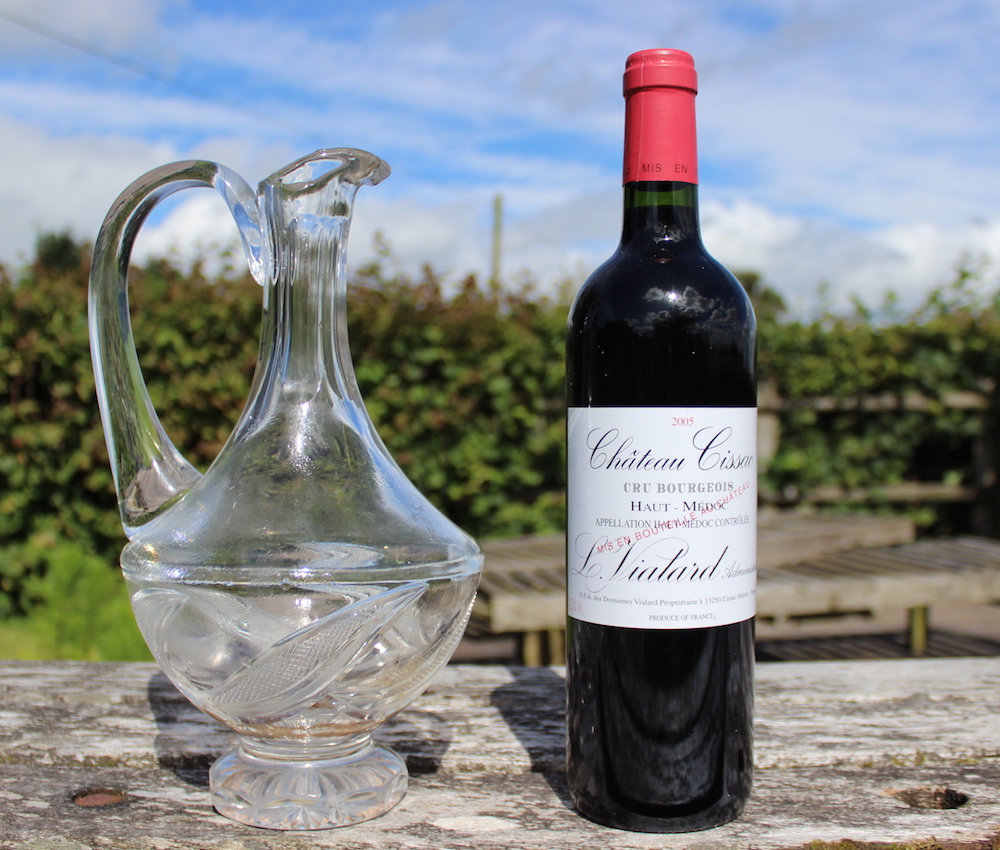 As a sommelier at George Restaurant, if I had my way, I would decant every single wine I open.
As a sommelier at George Restaurant, if I had my way, I would decant every single wine I open.
During dinner service I don’t have the luxury of time for a wine to unwind and open itself. Popping the cork and pouring the wines doesn’t do anyone any favors. Not the winemaker who spent an entire season growing the grapes and (often longer) transforming them into wine. Nor the dining guest who ordered a wine and will only fully enjoy the wine on those final sips, once it has properly opened up. As a sommelier I need to acknowledge both parties; I am the midwife to the winemaker and purveyor of goods to the guest.
I have to make sure that my guest is given a wine that they can objectively make their own opinion about. But, there are few occasions when someone calls us hours before their reservation and asks for a wine to be decanted.
Imagine being on a long haul flight, in the back of the plane. You may have been excited about the trip and full of energy when you boarded, but once you land that vibrato is gone. You may find yourself in a strange land anxious and eager to get the hell off the plane, but the hours of sitting in a cramped spot has left you, well less than you. You need to stretch your legs a bit, wave your arms around a little, get the blood flowing again. It might take a while, it might not even happen until after you have left the airport, but that cramped feeling will leave and you will once again be happy and ready to show the world your true self.
What I describe above is why I decant as many wines as I can. The wine has been jammed into a bottle and can’t move. As soon as it departs the cellar it’s not its self. The wine needs to stretch its legs and breathe in deeply the new environment. Sometimes it takes more time than I have and, if that is the case, I will double or triple decant the wine.
The other reason to decant a wine is to separate the wine from the sediment. Sediment will most likely occur in red wines that are meant for long-term aging. As it is very difficult for aged wines to be bought and sold by restaurants in Ontario, most of these wines that I deal with are from people that bring them in. I enjoy this because it is an excellent opportunity to taste outside of the cellar I am working with. It also gives me the chance to meet the people that have brought in their wines and hear about their connection to the wine and what the occasion is. I get to know people on a very different level than just suggesting a wine for me to open. For me, corkage is a great thing and I always take very special care of a wine that a guest has brought for me to open.
Plus it usually makes the decanting process so much more fun. Decanting a wine to separate sediment is much more hands on. It’s the difference between driving a manual or standard car. When someone brings in a an older wine there are often candles or some sort of light source (an iPhone works well!) involved. It takes a little more time and is generally a much more involved process. But the results are much more rewarding as I am opening something for someone who has kept the wine for a very special occasion and I am happy to be a tiny part of it.
Decanting wine is an all around good thing. Helping wine to express itself is never a bad idea and it makes drinking wine much more enjoyable. Don’t believe me? Try it for yourself. Open a bottle and splash it into a decanter at 5pm. Open another bottle of the same wine after service and taste them blind with the staff at the same time and see which one is proffered.
I will look forward to hearing the results over a glass sometime soon.
Until then.
Follow Jay Whiteley on Twitter @corkdork.

